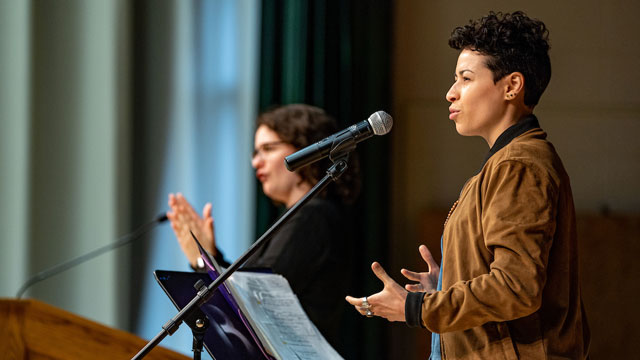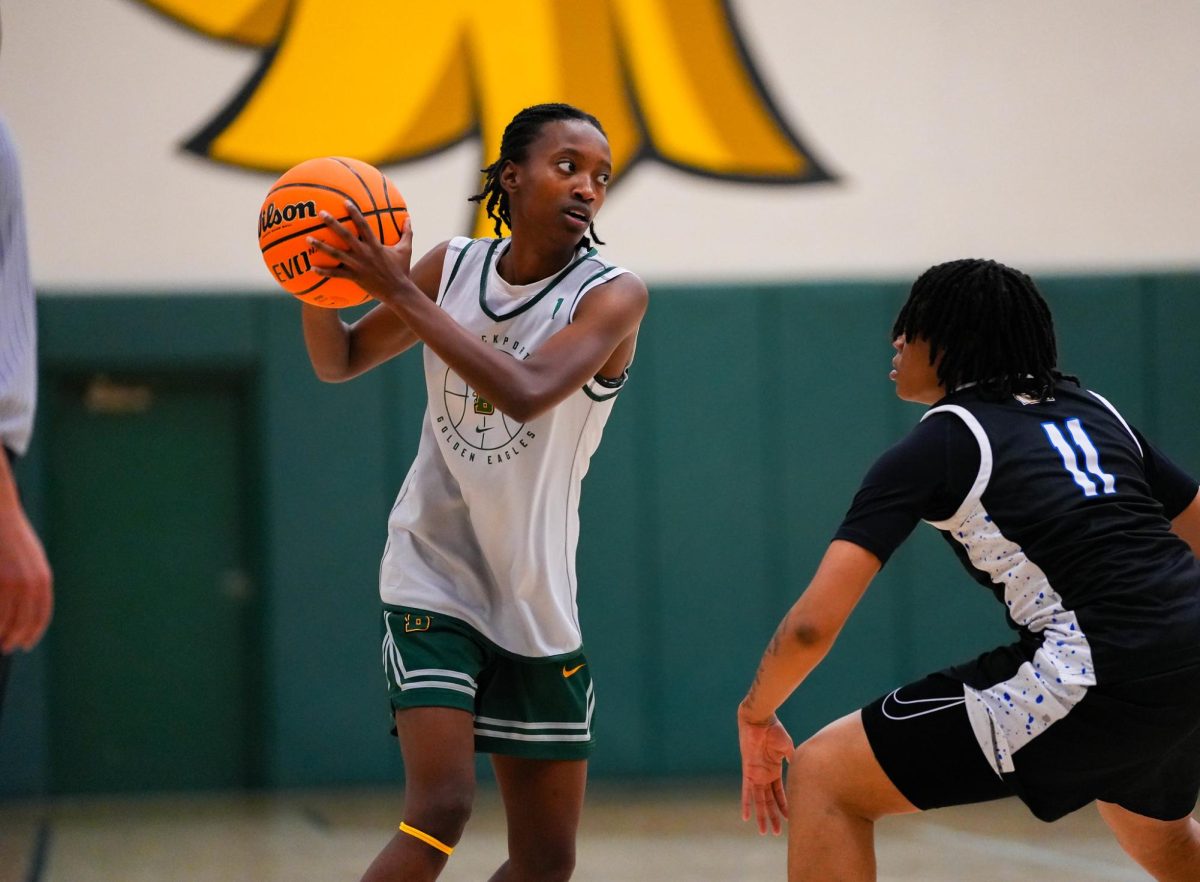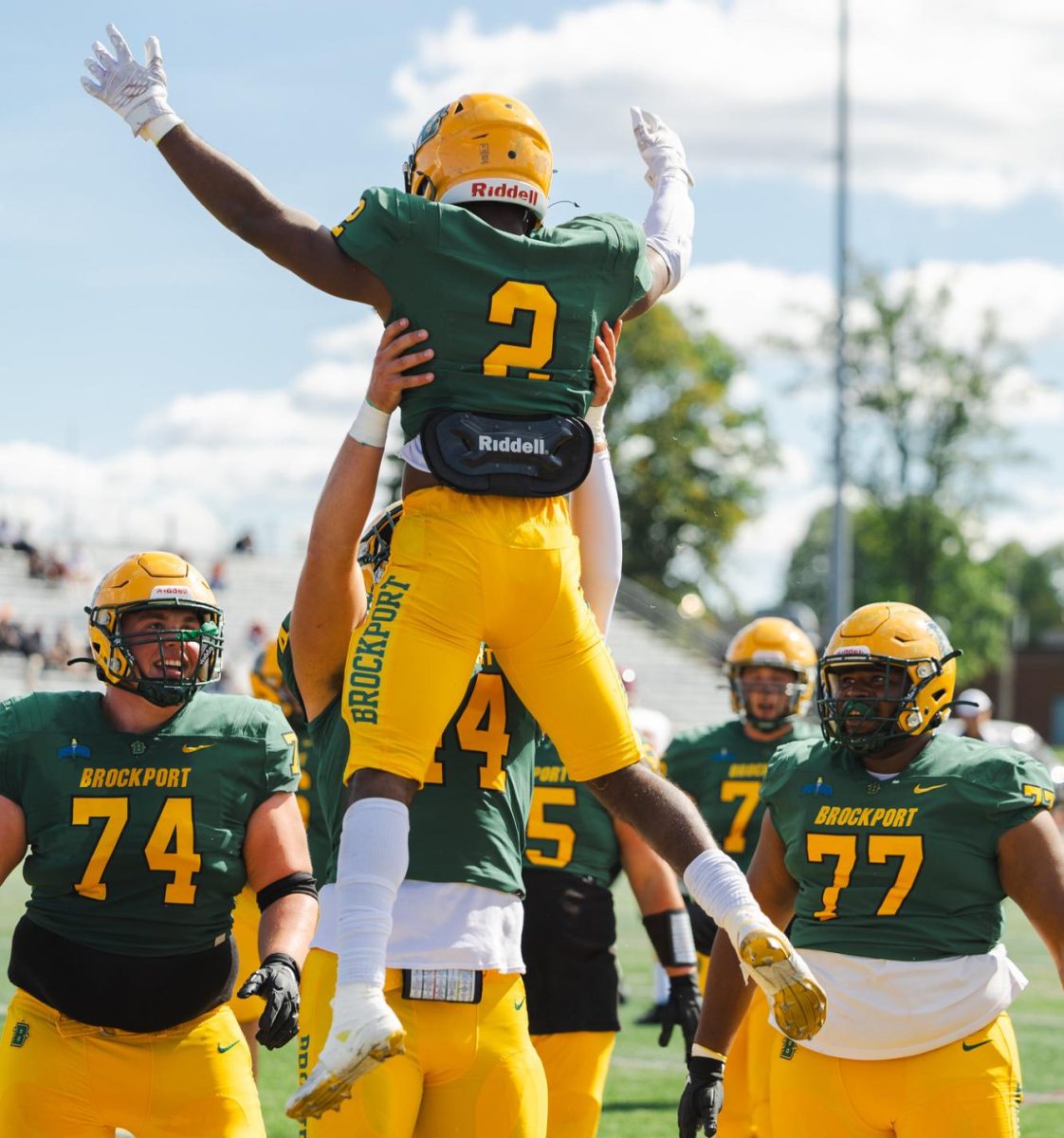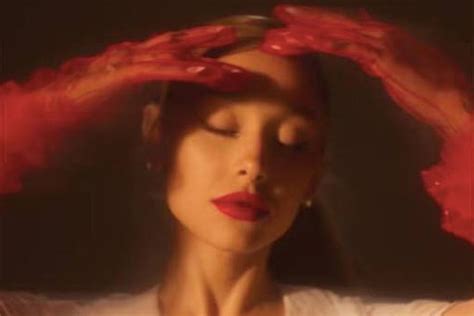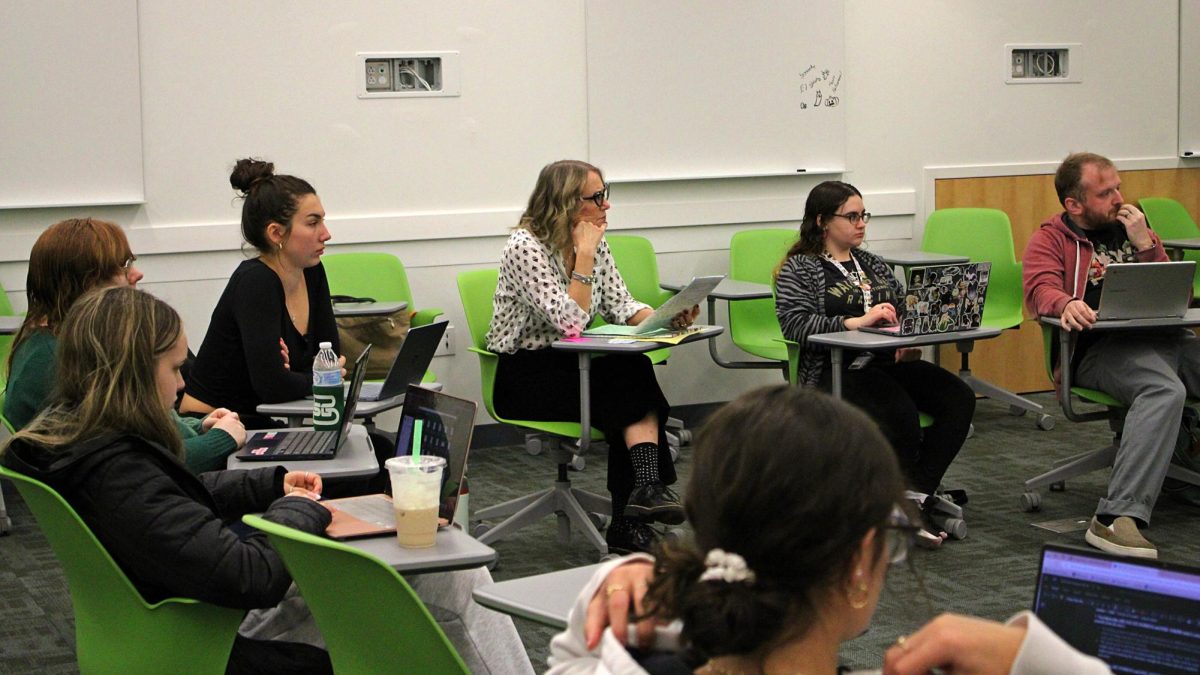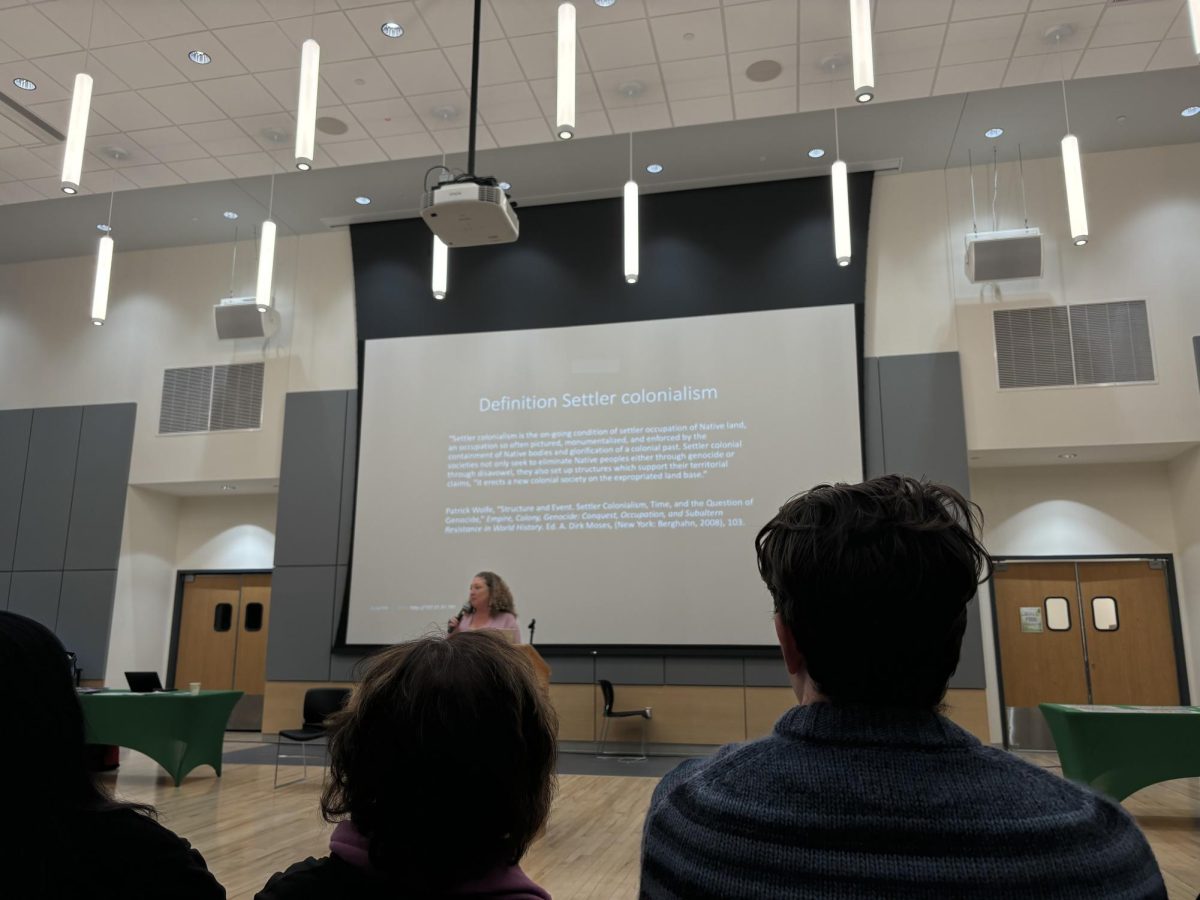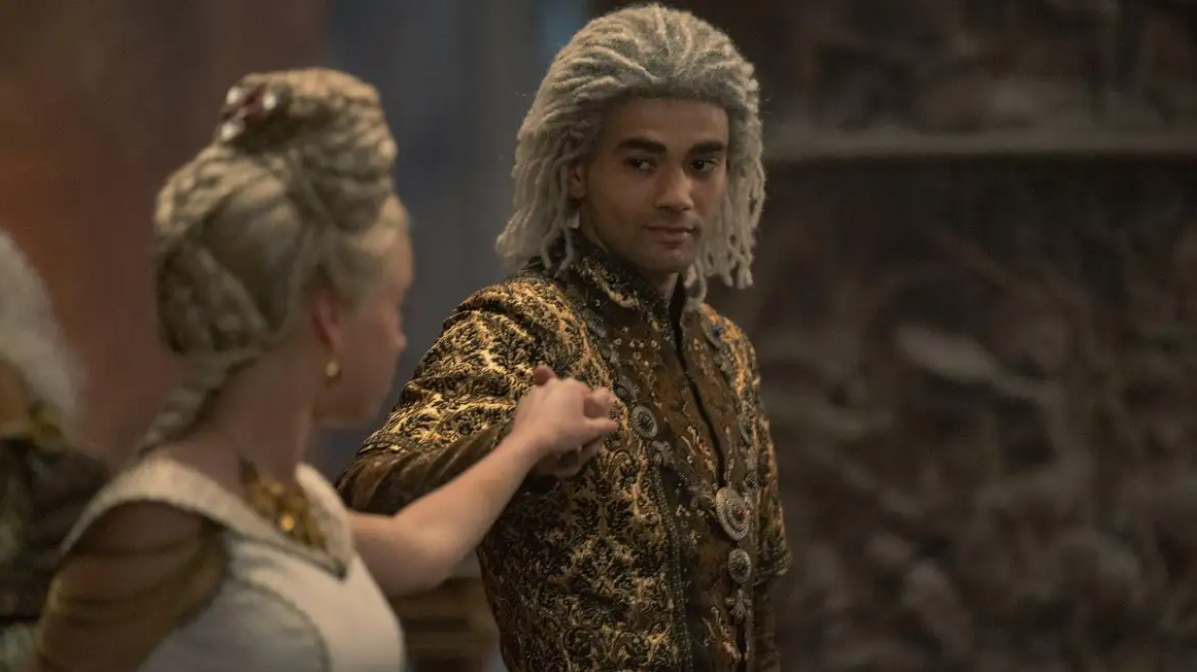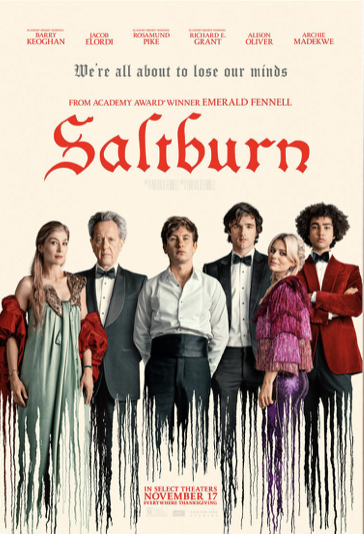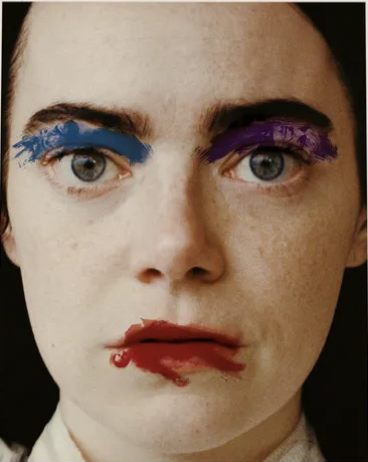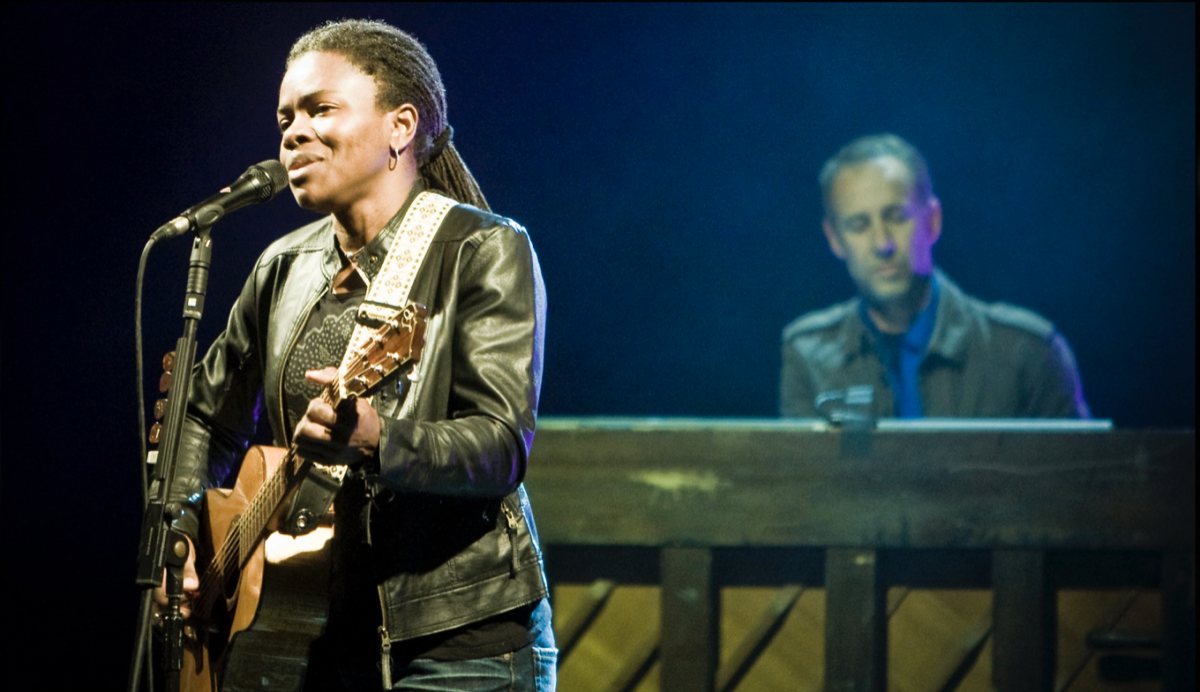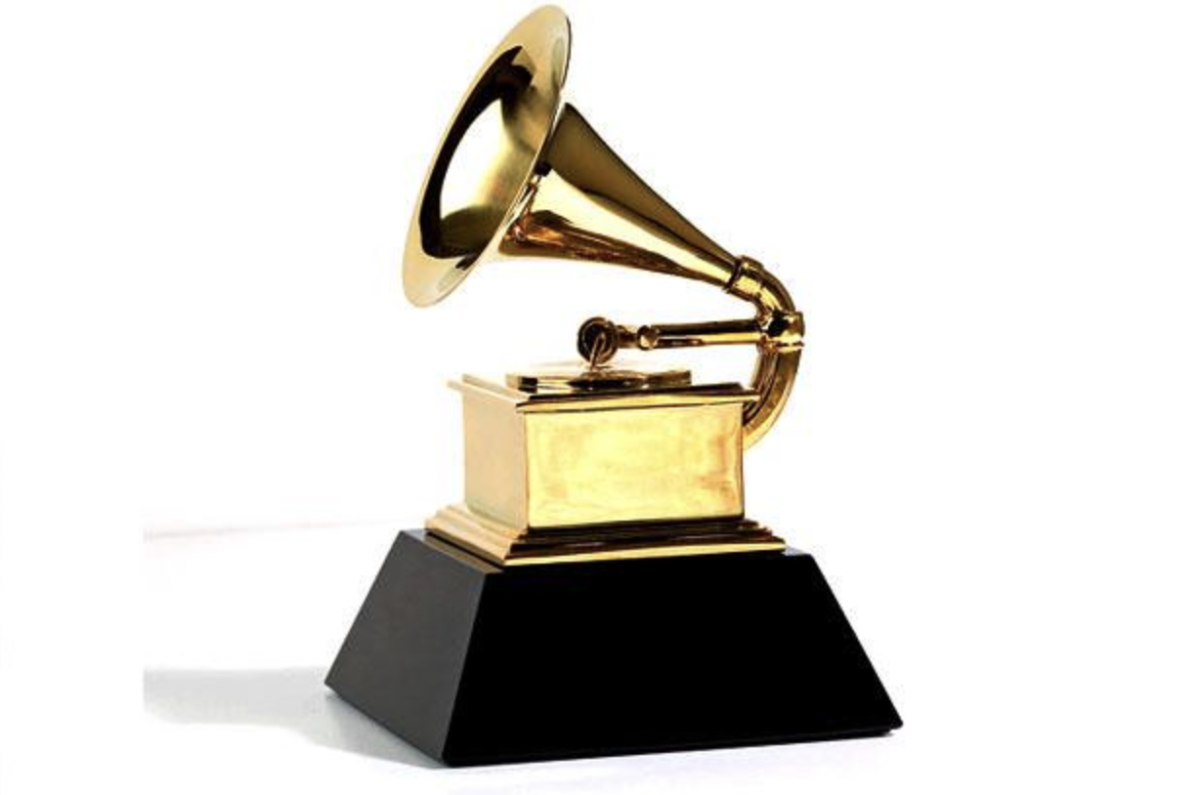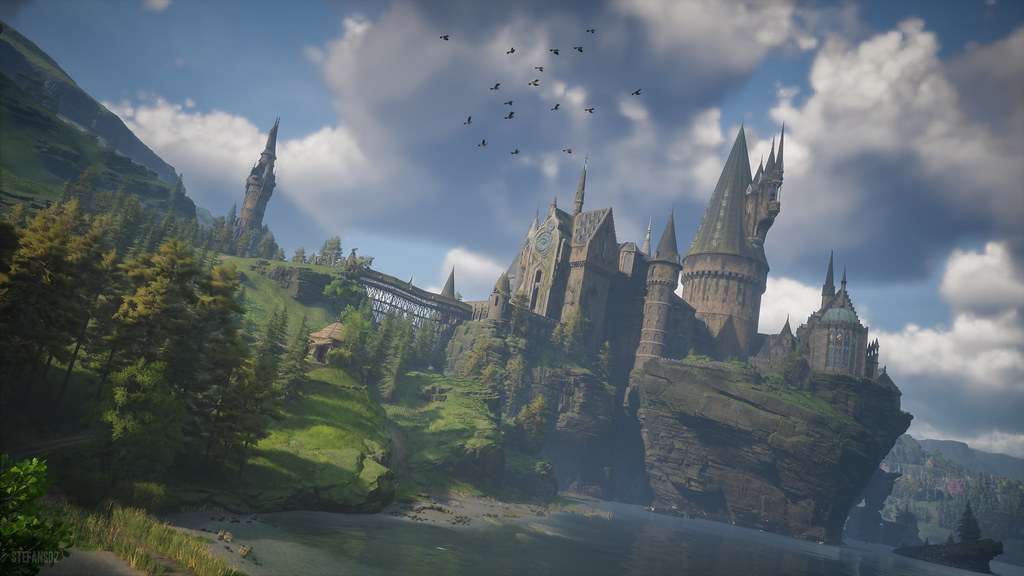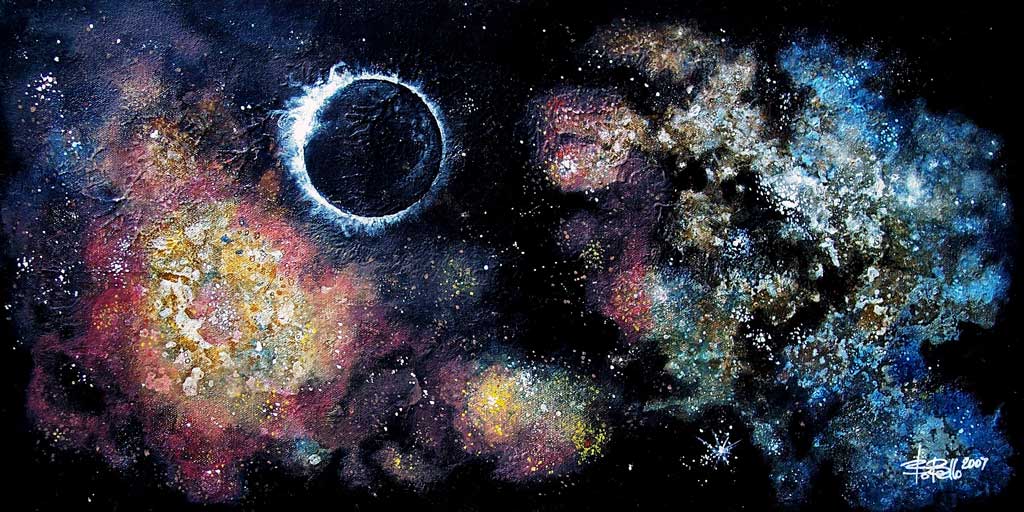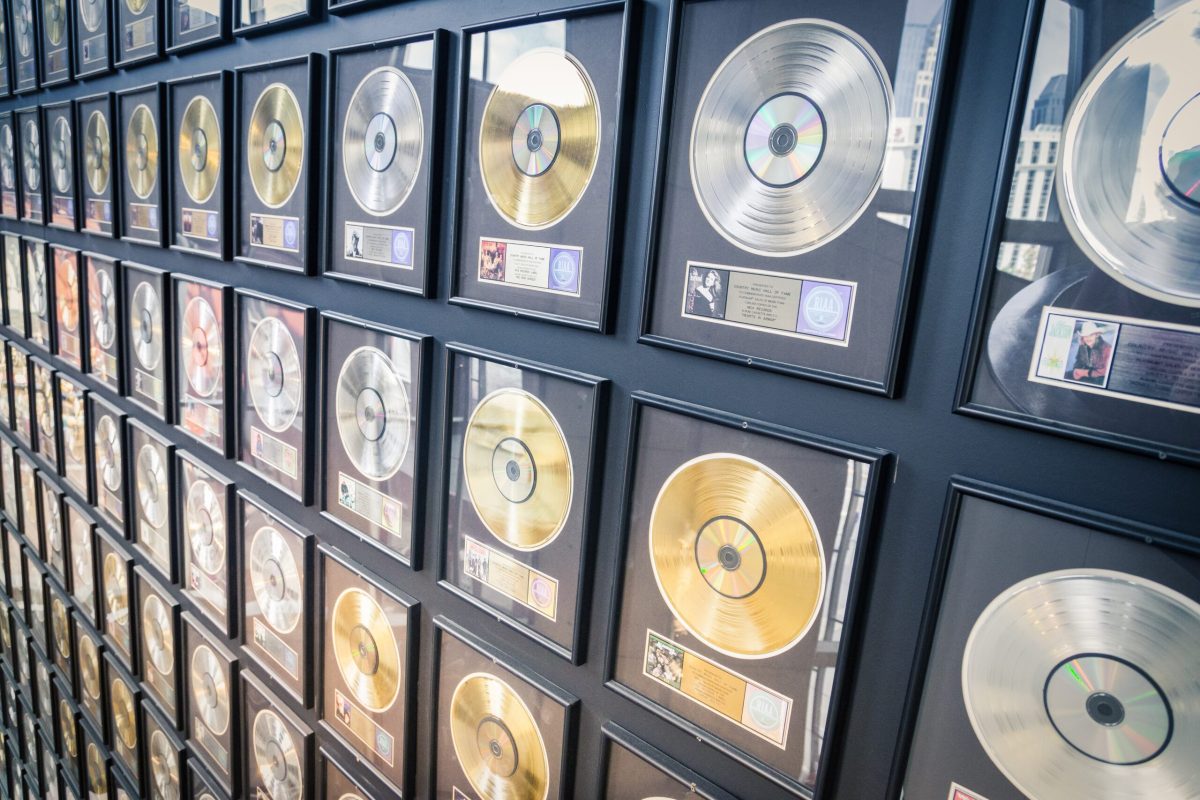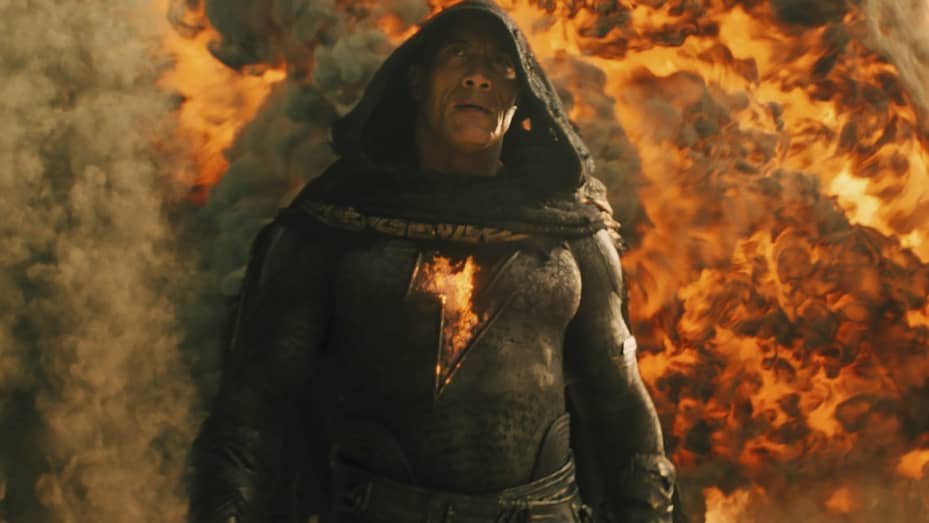This review only covers the first five episodes of HBO’s “House of the Dragon.”
“House of the Dragon” is here to remind audiences that “Game of Thrones” is worth watching.
Adapted from George R. R. Martin’s novel “Fire and Blood,” HBO’s “House of the Dragon” chronicles the centuries-long downfall of the mighty Targaryen empire—200 years before the events of “Game of Thrones.” That’s right; “House of the Dragon” is a prequel.
One might be inclined to believe that, like many prequels, “House of the Dragon” suffers from clichéd plot twists and a lack of satisfying drama. This could not be further from the truth. The show manages to avoid these problems by choosing to tell a significantly narrower story than its predecessor.
Where “Game of Thrones” used character drama to forward a larger story, “House of the Dragon” uses character drama as the story. There is no question of who will win the Iron Throne; it is a question of how it will be won. The supernatural threat that loomed over everything in “Game of Thrones” is relegated to hushed whispers and tall tales. In this show, the only threat to our characters is the decadence and complacency of an old empire doomed to fall. The intrigue of this show lies in witnessing these events unfold. If “Game of Thrones” was a historical epic, then “House of the Dragon” is a Shakespearean tragedy.
In addition to polished writing, this show is backed by a spectacular cast. Paddy Considine, who plays King Viserys I, perfectly captures the tormented spirit of an aging king grappling with his own mortality. Former Doctor Who star Matt Smith, playing Daemon Targaryen, crafts a character that is Machiavellian in his aspirations, but all too sympathetic to be deemed a villain. Meanwhile, Milly Alcock, playing Rhaenyra Targaryen, gives a layered performance as a shrewd, impulsive princess trying to navigate through a male-dominated political landscape.
Supporting actors Steve Toussaint, playing Corlys Velaryon, and Rhys Ifans, playing Otto Hightower, are also given room to show off, skillfully portraying political advisors and occasional adversaries to Considine’s Viserys. Yet, it is Emily Carey, playing Queen Alicent, that deserves the most praise. In a restrained, heart-wrenching performance, Carey shines in the role of the young, reluctant Queen. Without these talented actors on board, “House of the Dragon” would risk being a melodramatic, dull spin-off, banking on the reputation of its parent show.
There is little to criticize about “House of the Dragon.” The acting is nuanced and compelling. The action is grounded and nail-biting. The music, composed by Ramin Djawadi, is melodic—perfectly walking the line between sincere and sinister. Nevertheless, the first episode suffers from the same vices as the early episodes of “Game of Thrones” (specifically, gratuitous carnage and sexual content). However, later, the episodes feel more restrained, using these elements to enhance the story and not merely for the shock value.
Although the show is still in its infancy, it does not feel that way. In every episode, showrunner Ryan Condal proves that the popularity of “Game of Thrones” was not a momentary delusion. With its all-star cast, powerful writing and unflappable confidence, “House of the Dragon” is poised to become one of the best fantasy television series of the decade.
New episodes of “House of the Dragon” are released every Sunday on HBO.


